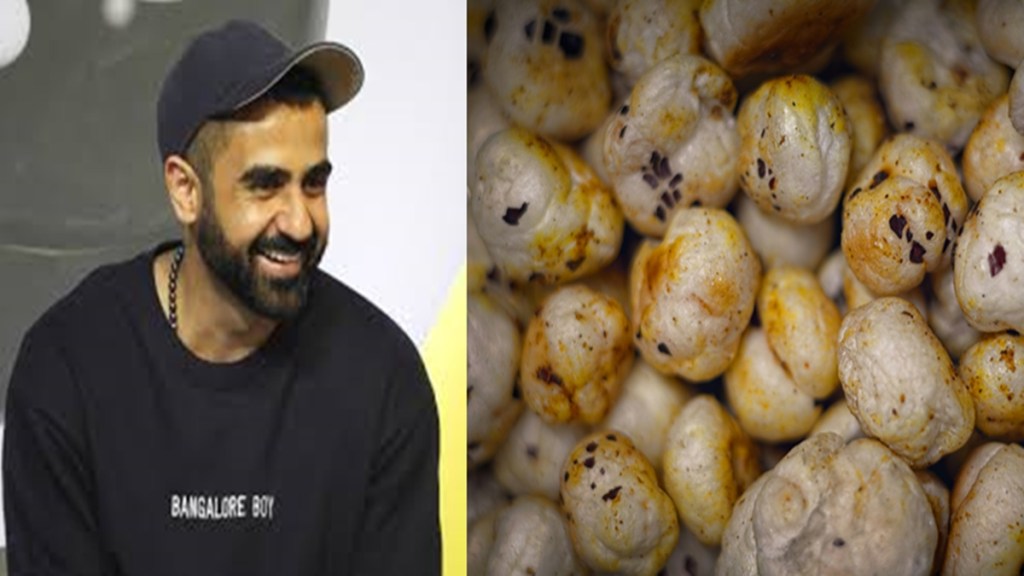Nikhil Kamath, Indian entrepreneur and Zerodha co-founder, took to LinkedIn and shared how he is “hooked on Makhana.” While describing how Makhana is now one of those foods that appeals to a large number of people worldwide. The businessman stated on Linkedin, “Maybe room here to build a really large brand, an Indian brand that sells to the world.”
He continued by explaining how makhana is Bihar’s “black diamond” and how people experiment with it so much. Kamath also highlighted that how ‘Makhana’ is no longer ‘simply’ a healthy snack, Nikhi said in one of his slides on that post; individuals are becoming more inventive in adding a delicious twist. It can be found in appetisers, main courses, and sweets, such as Makhana Penne Pasta, Makhana Kheer, and parathas and curries. He also revealed that pandemic also contributed to its popularity.
Reacting to the post, many people agreed and said that makhana is a very versatile food item and can be used in any way possible.
One wrote, “India is truly becoming the Makhana Mogul—turning a humble super snack into a global success!”
Another user wrote, “Makhana’s rising stock as a healthy “superfood” is grossly exaggerated. It may be a healthier alternative to popcorn and chips, but it’s still largely made up of complex carbs and not much else. Even if you eat a full 100g bag of makhana (that’s a lot of makhana!) you would only get <15% of daily RDA for Protein, and only trace amounts (<10% of daily RDA) for most of the vitamins/minerals listed here. A typical serving size is 20g, so now divide all the above numbers by 1/5. One serving of “high-protein” Makhana gets you ~3% of your daily RDA for Protein.”
Another user commented, “First, millets, and now, makhana. It seems we are finally reconnecting to our roots.”
What are the benefits of Makhana?
Makhana is a type of seed derived from the Euryale ferox plant. They’re also sometimes referred to as fox nuts or lotus seeds. It is high nutritional and here are some common benefits:
- Makhana is a good source of protein and fiber, along with micronutrients like calcium, magnesium, iron, and phosphorus.
- Makhana is rich in antioxidants, which could protect against inflammation and chronic disease.
- Several animal studies show that makhana extract could help improve blood sugar management, but more human research is needed.
- Makhana is rich in protein and fiber, which may be beneficial for weight loss and fat loss.
- Makhana is rich in antioxidants and contains several amino acids that may have anti-aging properties, such as helping promote skin elasticity and skin health.
- Some animal studies have found that makhana extract could reduce cholesterol and triglyceride levels to improve heart health.
Are there any side-effects of Makhana?
Here are some of the common side effects that you may experience if you eat too many Makhanas:
- While Makhana is a light food, over-consuming it can lead to constipation.
- Makhana is a rich source of calcium, and excessive consumption can lead to calcification.
- Eating too much makhana can cause an allergic reaction in some people.

